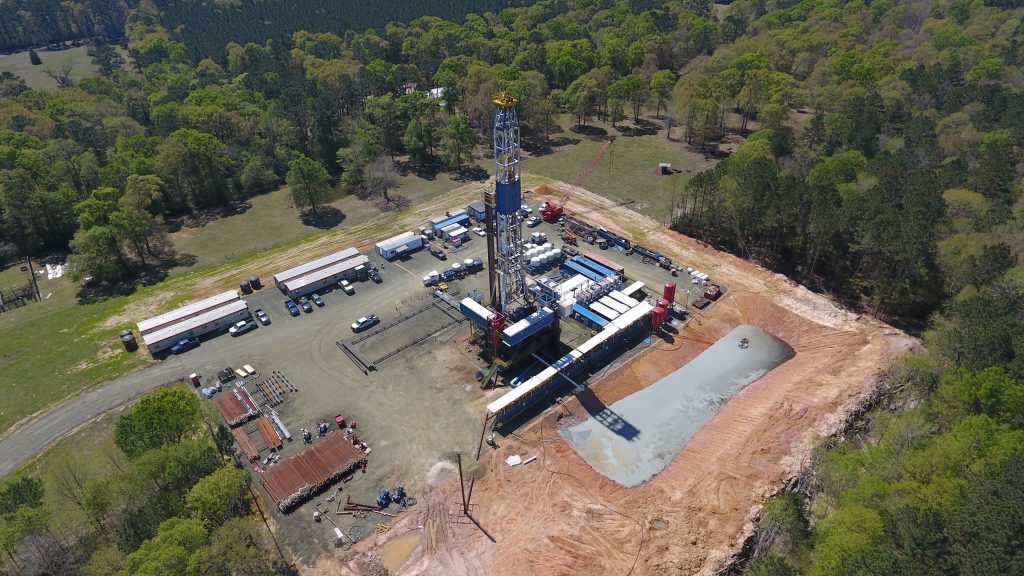
Technology is changing how the energy industry operates, making processes faster, more cost-effective, and more reliable. From data-driven decision-making to automation, digital tools are helping oil and gas companies improve efficiency and maximize returns for investors.
Smarter Operations with Advanced Analytics
Companies are using data analytics to monitor operations in real-time, allowing them to predict maintenance needs before problems occur. Predictive maintenance helps prevent costly downtime, reduces equipment failures, and improves overall production efficiency. With machine learning and artificial intelligence, can improve drilling, optimize reservoir management, and make faster, more precise decisions. Predictive analytics uses historical data to identify optimal drilling sites, minimizing costs and avoiding unnecessary expenses.
Automation and AI in Oil and Gas
Automation streamlines routine tasks, minimizes errors, and boosts safety. AI-driven systems can analyze vast amounts of data to identify trends, optimize well placement, and enhance drilling accuracy. Robotic systems are now used for pipeline inspections and maintenance, reducing risks and improving worker safety. With digital twin technology, oil and gas companies can create virtual models of assets and simulate real-world conditions to predict performance and make proactive adjustments before implementing changes in the field.
Cloud Computing and Real-Time Data Access
Cloud technology allows companies to store, process, and access data from anywhere, improving collaboration and project management. By integrating cloud-based solutions, energy firms can cut costs, boost efficiency, and enhance security. Built-in backup and recovery options also protect critical information from cyber threats and hardware failures, ensuring reliable operations.
The Role of IoT in Energy Efficiency
The Internet of Things (IoT) is transforming energy production by enabling real-time monitoring and optimization. Sensors on equipment track temperature, pressure, and performance, helping operators fine-tune settings for maximum efficiency. This reduces waste, minimizes wear and tear, and boosts productivity. IoT also allows remote monitoring of drilling sites, giving companies real-time insights into operations without needing on-site personnel, lowering risks and cutting costs.
Cybersecurity in the Digital Age
With increased reliance on digital tools, cybersecurity has become a top priority. Protecting sensitive data from cyber threats is essential for maintaining operations. Companies are strengthening security with encryption, multi-factor authentication, and continuous network monitoring. As cyber threats become more sophisticated, energy companies are partnering with cybersecurity firms to develop industry-specific solutions that address unique vulnerabilities in the oil and gas sector.
Blockchain Technology for Transparency and Security
Blockchain technology is gaining traction in the energy sector by offering a secure, decentralized way to manage transactions. It enhances transparency, prevents fraud, and simplifies contract management. Smart contracts automate and verify agreements between suppliers, operators, and investors, reducing paperwork and building trust in business transactions.
The Future of Digital Transformation in Energy
As technology advances, oil and gas companies will have even more opportunities to improve efficiency and maximize returns. Digital tools are helping to reduce costs, improve safety, and streamline operations, making the industry more competitive and sustainable. By embracing digital transformation, energy companies can enhance their capabilities, improve investment opportunities, and stay ahead of market trends.
Investors interested in oil and gas can explore how digital advancements are transforming the industry. Visit DW Energy Group to see how we leverage technology to create investment opportunities in energy.
Sources:
“Predictive Maintenance in the Oil and Gas Industry,” Llumin, https://llumin.com/predictive-maintenance-oil-and-gas/
“Machine Learning/AI in Oil & Gas,” Novi, https://novilabs.com/machine-learning-in-oil-and-gas-industry/
“Cloud Computing in the Oil and Gas Industry: The Benefits Far Outweigh the Challenges,” CTG, https://www.ctg.com/blogs/cloud-computing-in-oil-and-gas-benefits-far-outweigh-challenges
“Automation and Control: How IoT optimizes oil and gas operations,” World Oil, https://worldoil.com/magazine/2024/november-2024/features/automation-and-control-how-iot-optimizes-oil-and-gas-operations/
“Blockchain in Oil & Gas,” Deloitte, https://www2.deloitte.com/us/en/pages/consulting/articles/blockchain-digital-oil-and-gas.html
